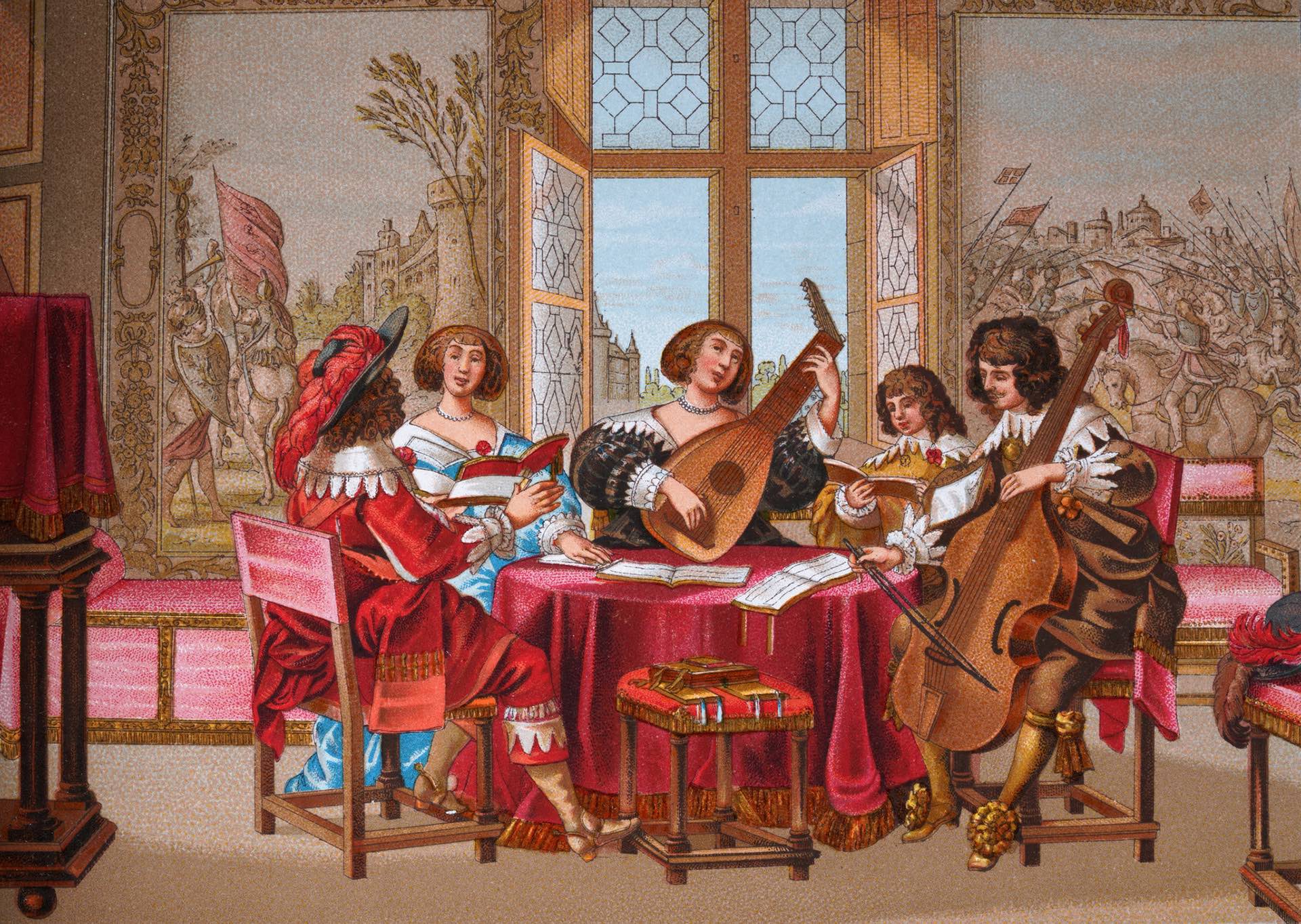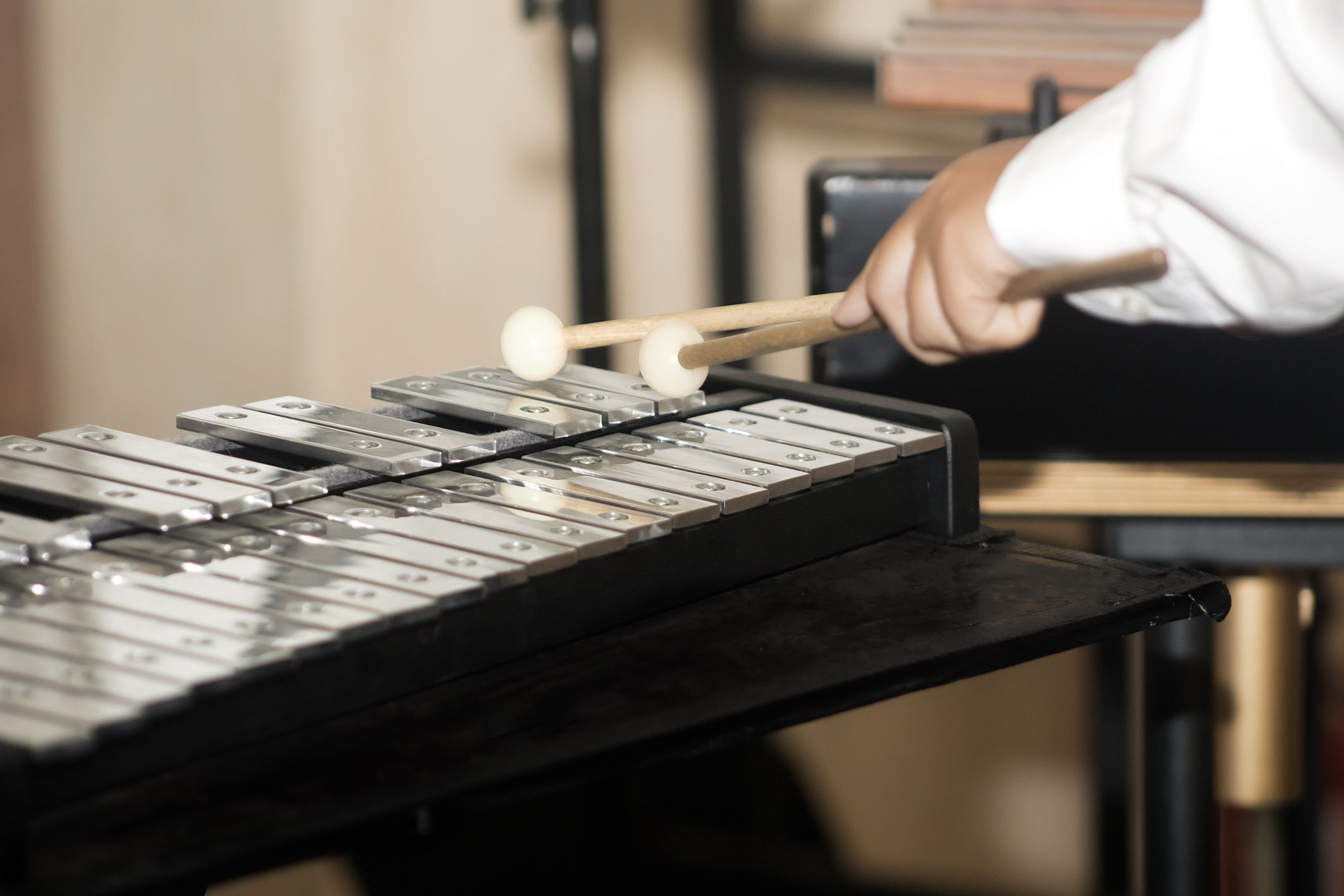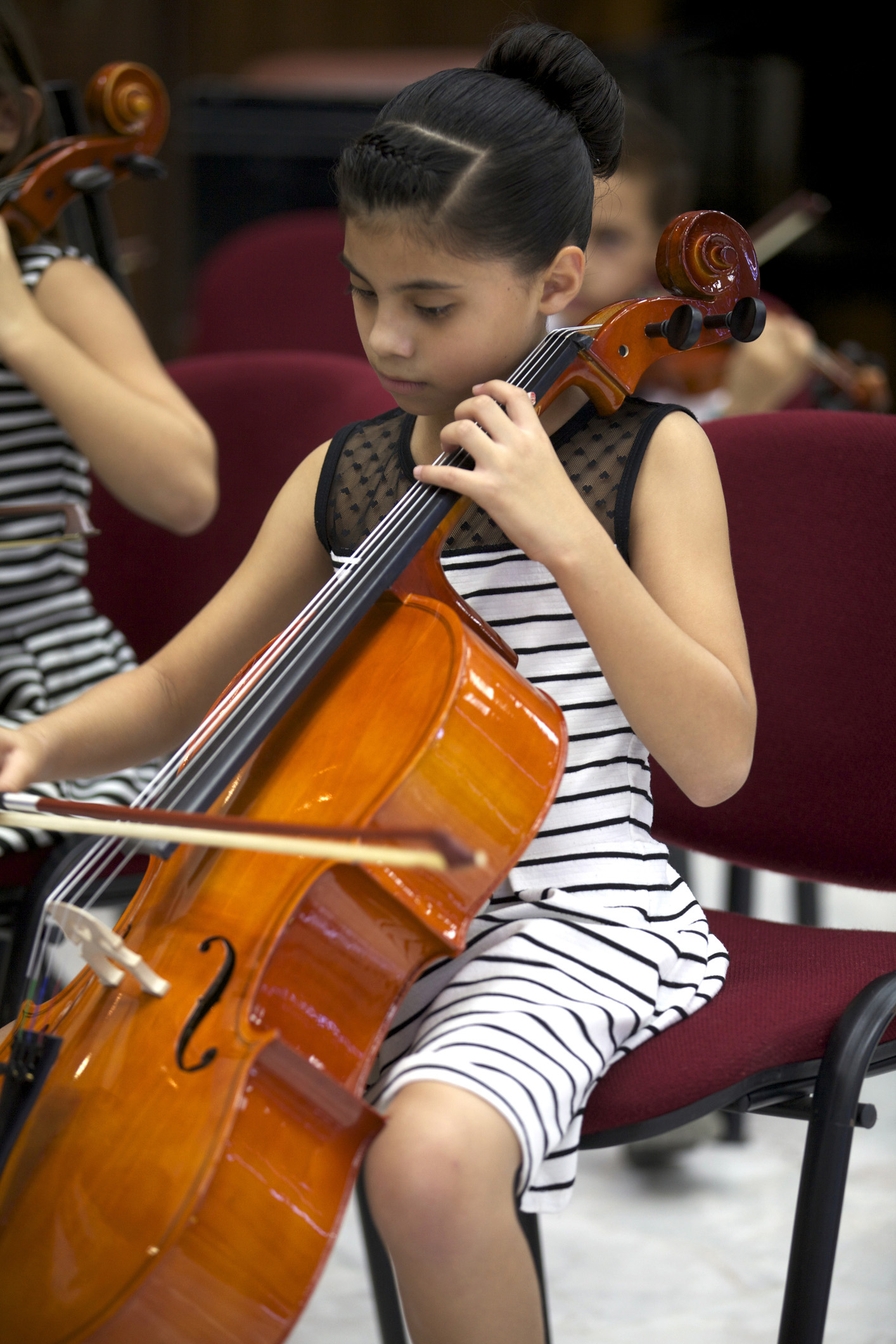Learning objective
- To understand the importance of Monteverdi in the history of opera.
Success criteria
- I can describe
This content is for subscribers only. Join for access today.
National curriculum
Pupils should be taught to:
This content is for subscribers only. Join for access today.
Cross-curricular links
None.
This content is for subscribers only. Join for access today.
Before the lesson
This content is for subscribers only. Join for access today.
Lesson plan
Attention grabber
Ask the pupils to describe what they think an opera is. Then ask them to demonstrate what opera singing sounds like. Watch the Pupil video: La Musica (see Watch) and use the questions to discuss what they have seen and heard.
This content is for subscribers only. Join for access today.
Extended-mode explainer videos
How to extend your display to view the lesson page and preseantion mode simultaneously. Choose your operating system below to watch the video
If you need further support with extending your display,
please contact [email protected].
Extended-mode explainer video: For Mac
Extended-mode explainer video: For Windows
Adaptive teaching
Pupils needing extra support:
Could focus on either the lyric writing or the performing of the recitative; they could be given a starting line or completed lyrics.
Pupils working at greater depth:
Could be encouraged to make suggestions of how to perform their recitative using facial expressions and gestures, acting out the story of the lyrics.
This content is for subscribers only. Join for access today.
Assessing progress and understanding
Pupils with secure understanding indicated by: explaining who Monteverdi
This content is for subscribers only. Join for access today.
Vocabulary definitions
-
aria
A song in opera that shows a character's emotions.
-
Baroque
Music created in Europe between 1600 and 1750.
This content is for subscribers only. Join for access today.
In this unit
Assessment - Music Y6: Baroque
Lesson 1: Monteverdi and the invention of opera
Lesson 2: Johann Pachelbel and the canon
Lesson 3: Henry Purcell and the ground bass
Lesson 4: J S Bach and the fugue
Lesson 5: George Frideric Handel and the oratorio





